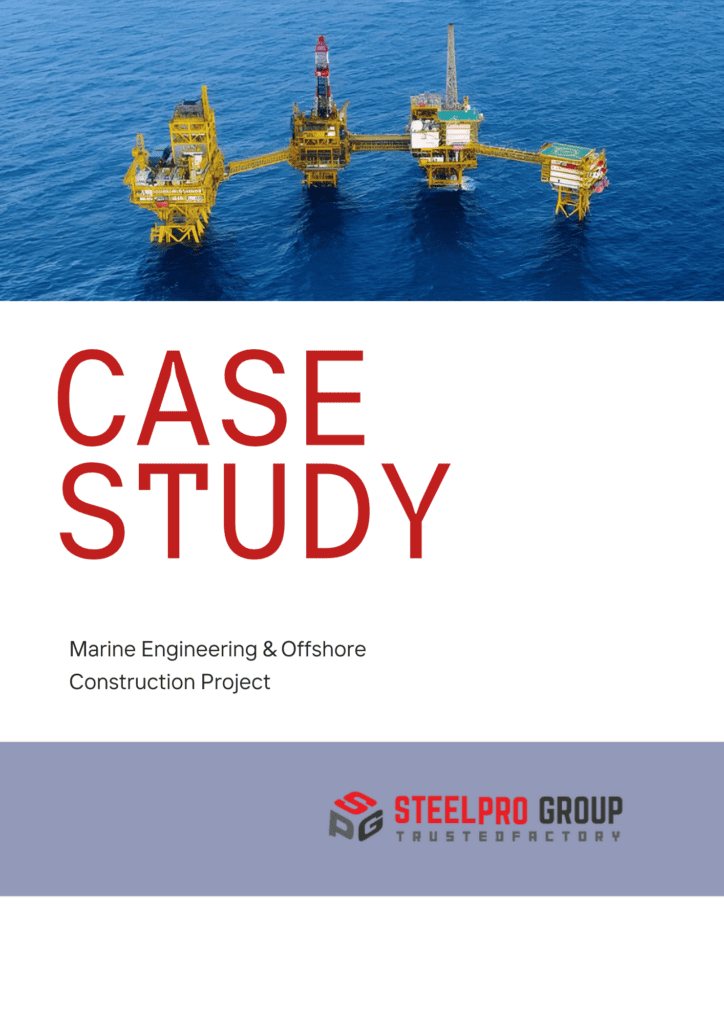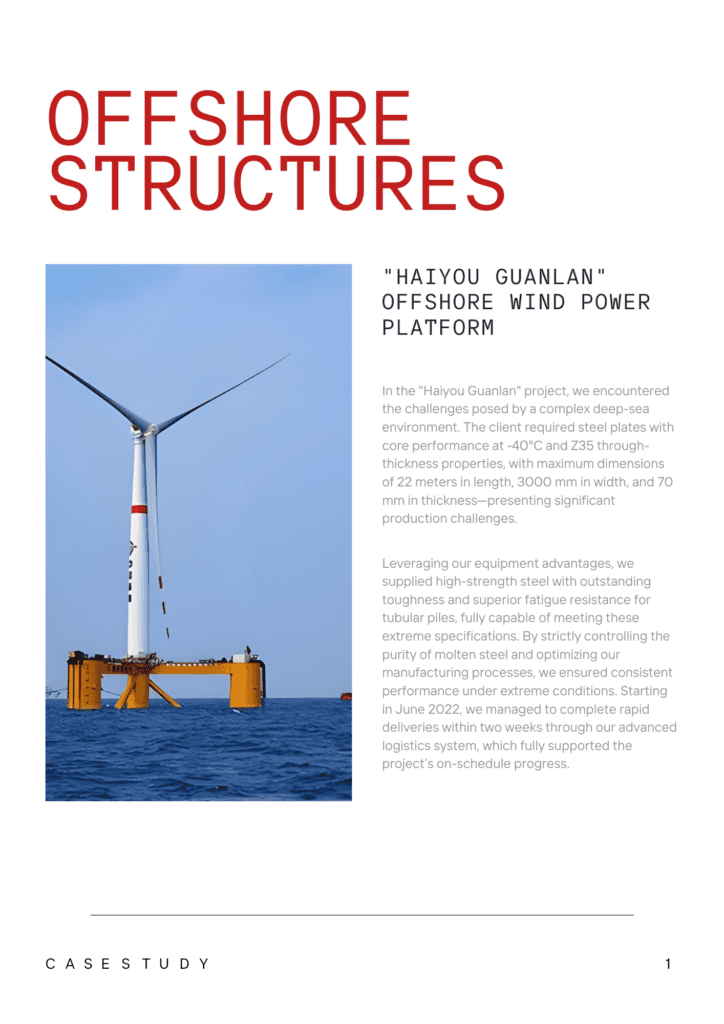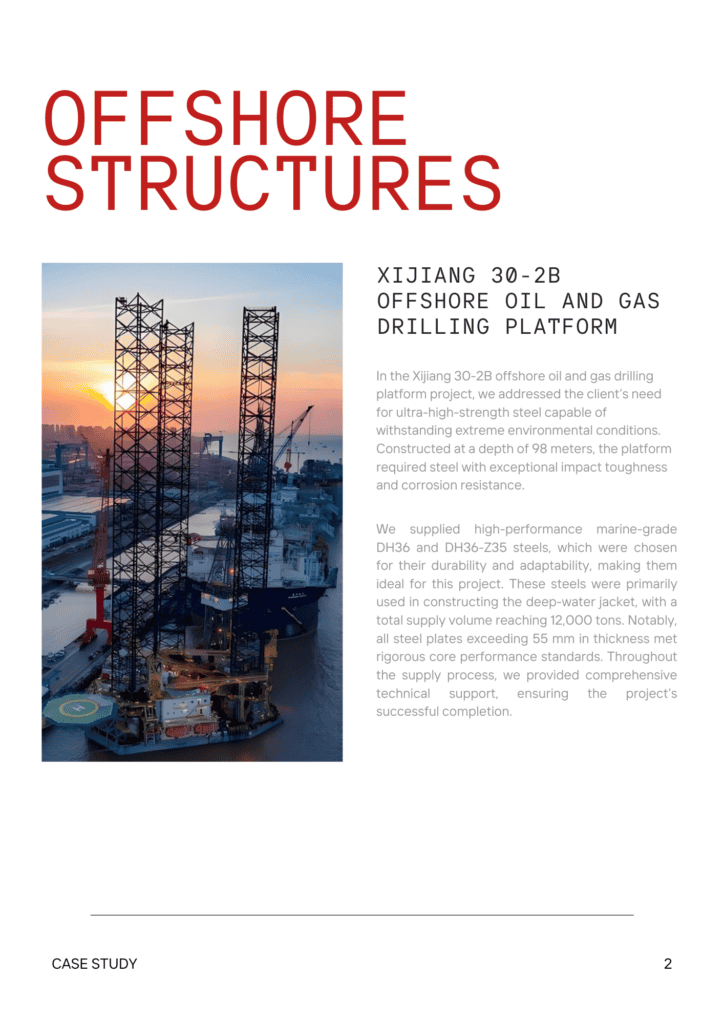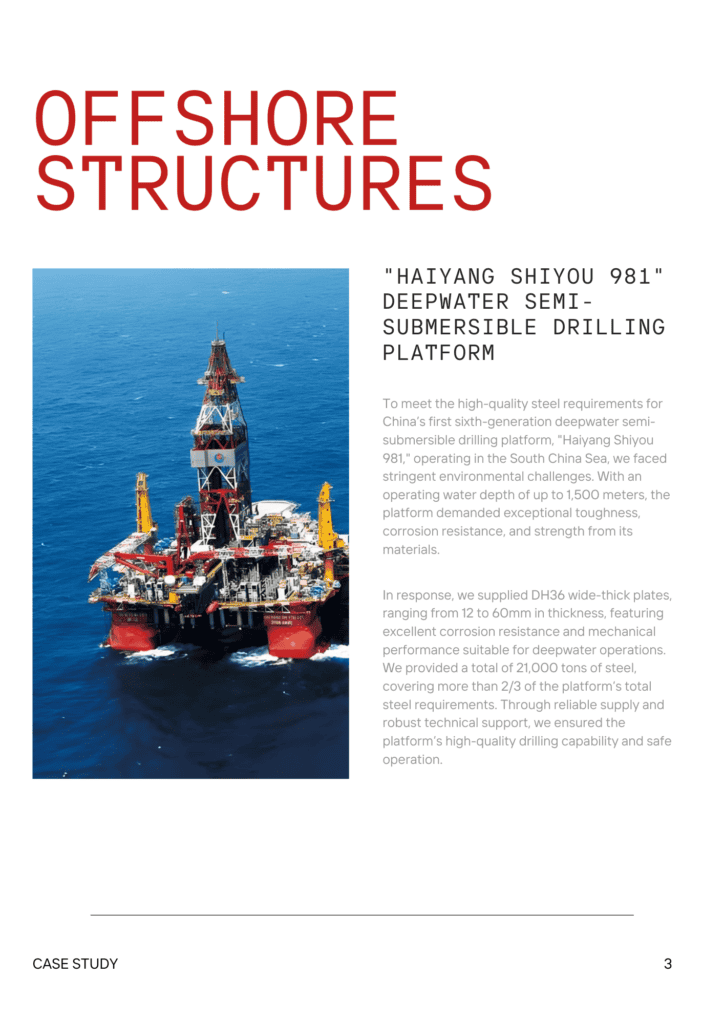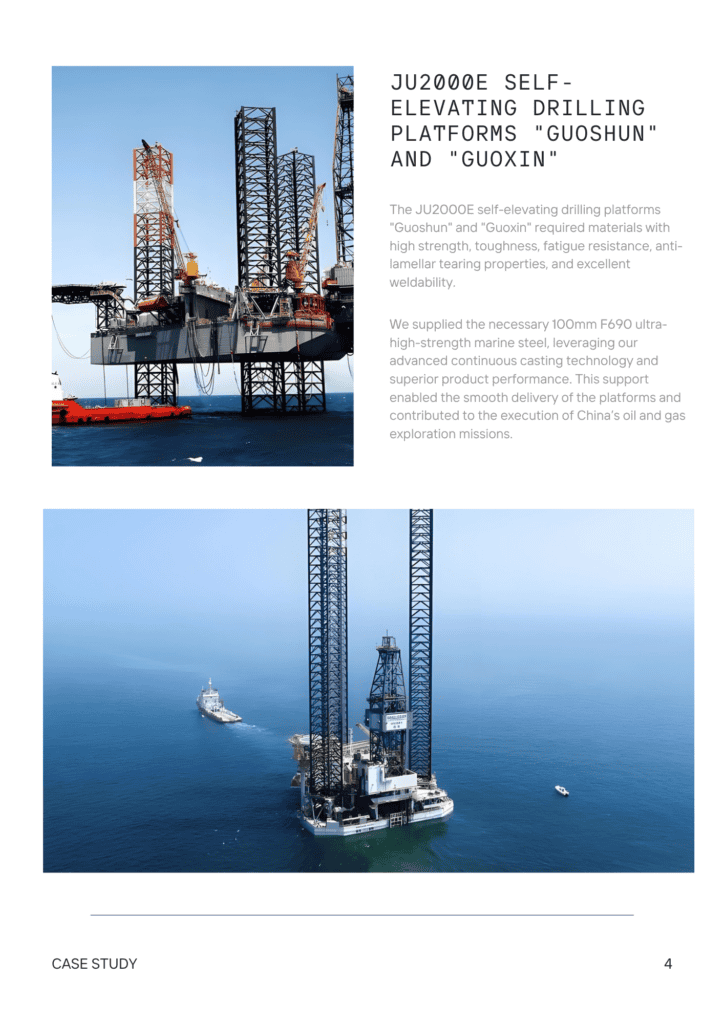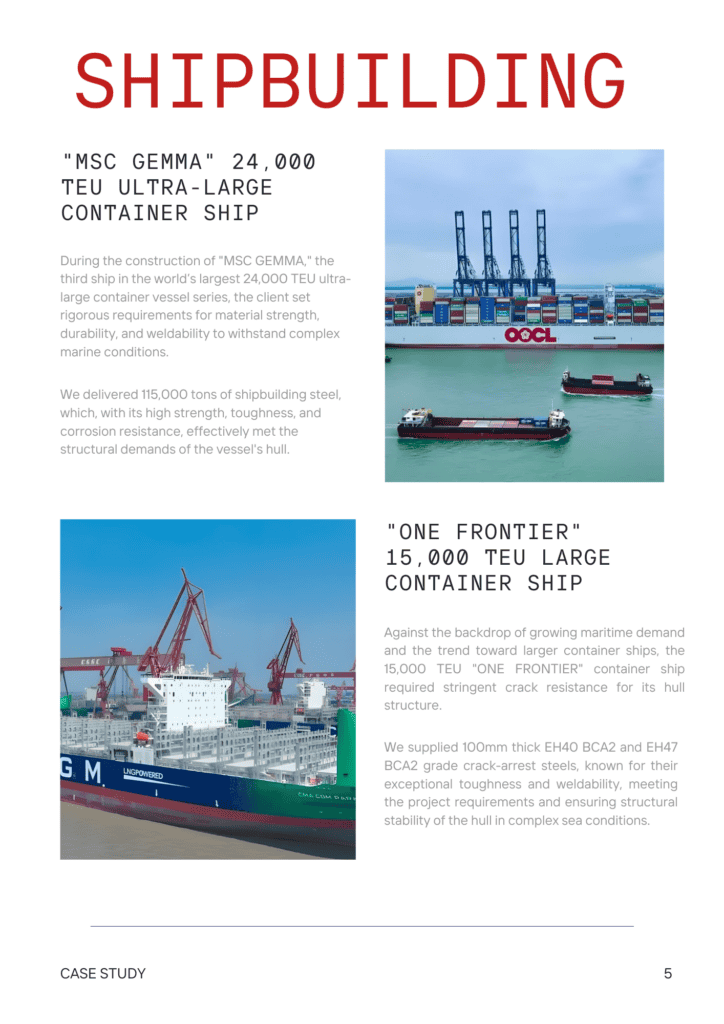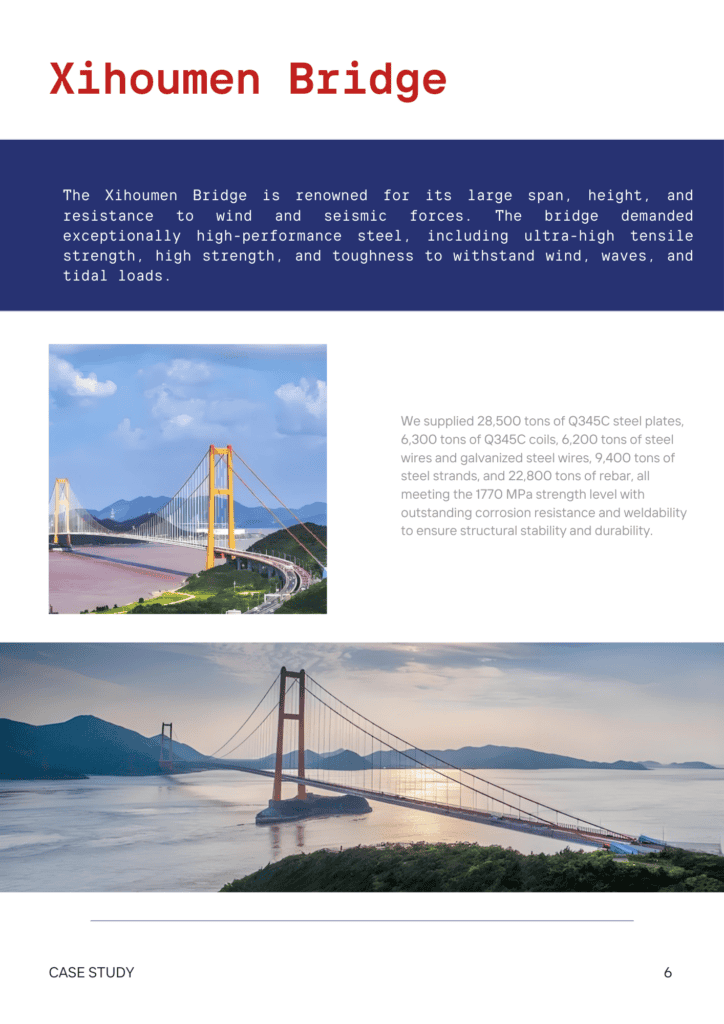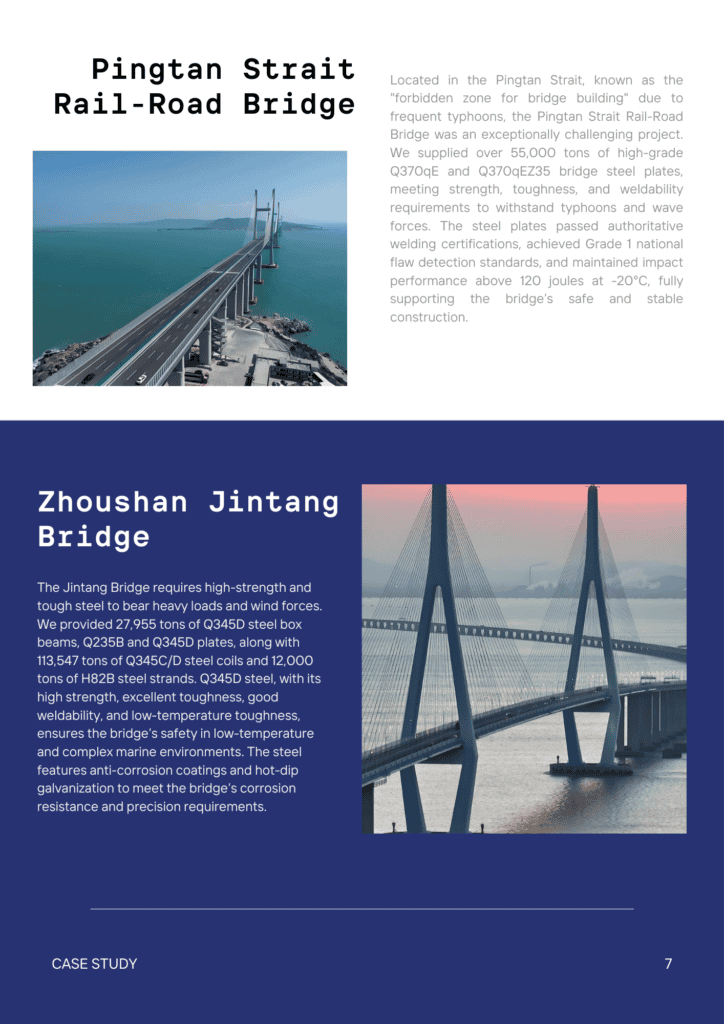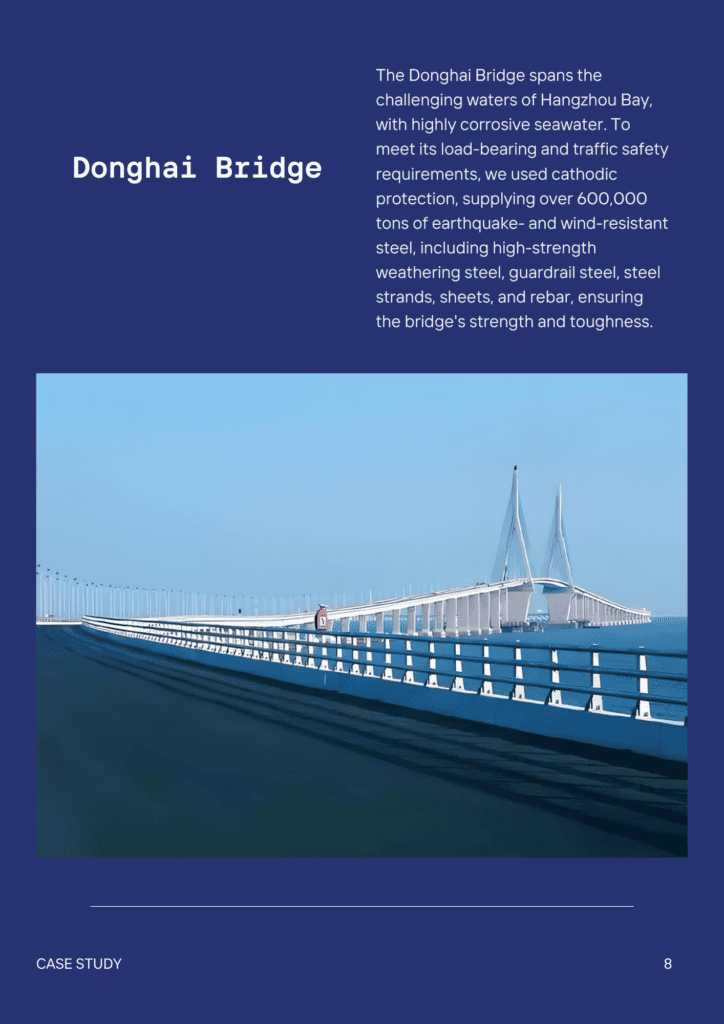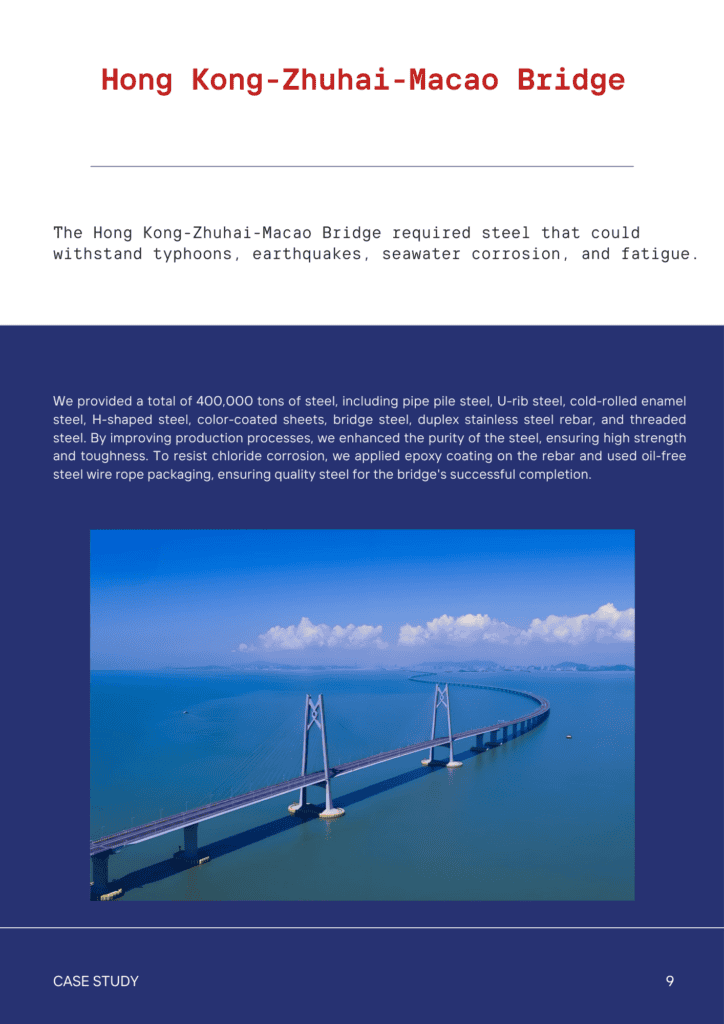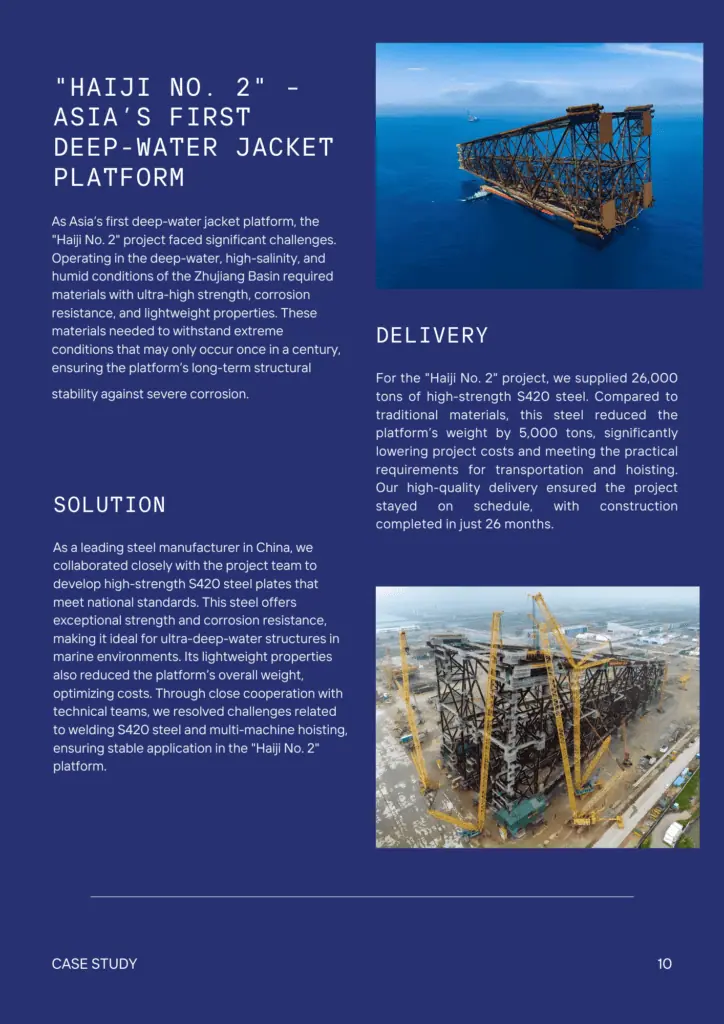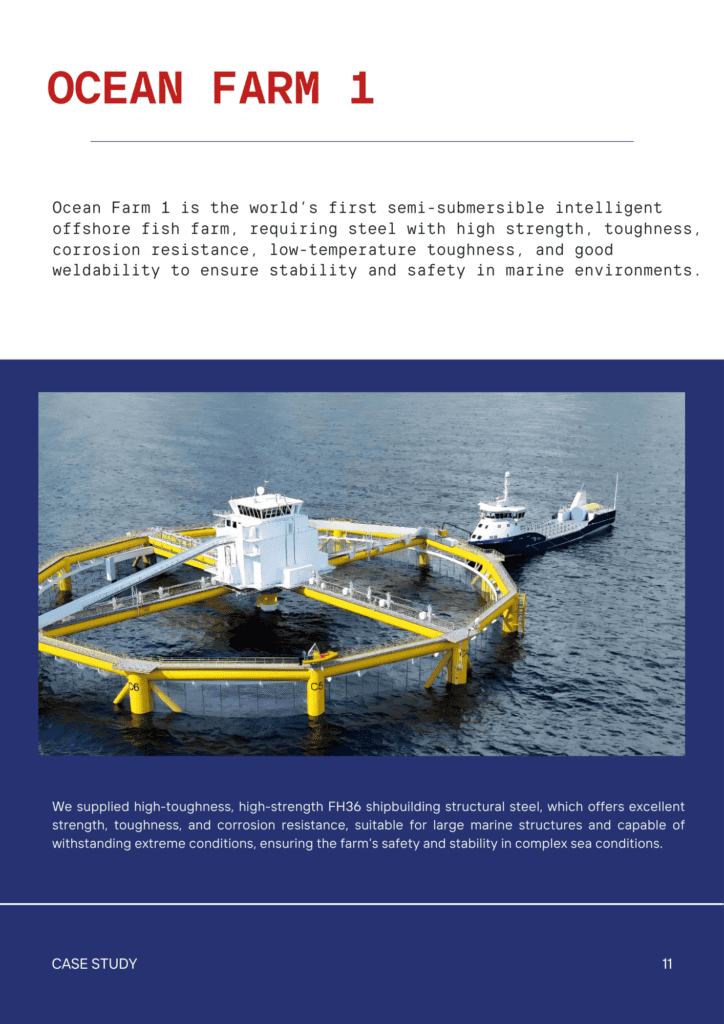Contents
Does Galvanized Steel Rust? Truth Behind the Scene!
- John
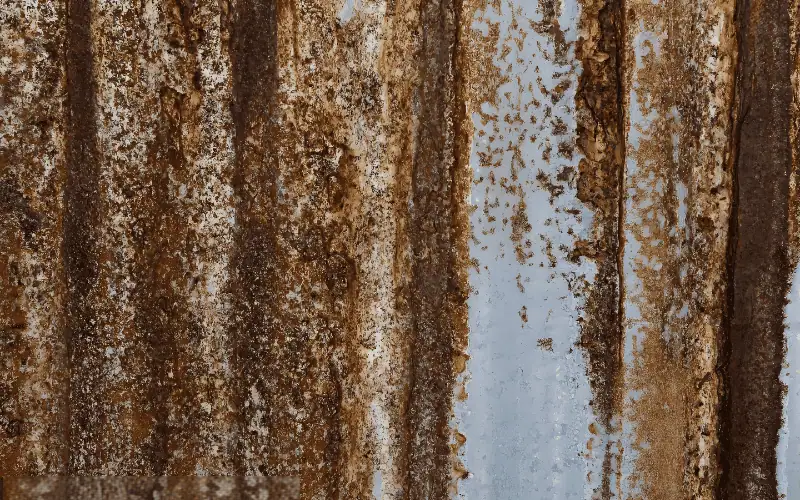
Galvanized steel is such a popular choice—it’s affordable and durable, thanks to a zinc coating that protects it from corrosion. But then comes the big question, which some of our clients ask more often than not: “Will galvanized steel rust?”
Here’s the answer. Yes, galvanized steel can rust, but it takes a long time. The zinc coating protects the steel for decades, often lasting 50 years or more in mild environments. In harsher conditions, like coastal or industrial areas, rust might appear sooner, but this protection may still last around 20 to 25 years. Even in these environments, galvanized steel rusts much slower than untreated steel.
How Is Galvanized Steel Made?
Galvanized steel is made through a process called hot-dip galvanizing. First, the steel is thoroughly cleaned to remove dirt, oil, and any rust. Then, it goes through a pickling process to strip away any surface oxidation. After that, the steel is dipped into a bath of molten zinc. As the steel is pulled out, the zinc coating cools and bonds tightly to the surface, creating a durable shield that protects it from rust and corrosion.
How Does Galvanizing Prevent Rust?
Let’s start with a few necessary definitions to better understand how galvanizing works.
Corrosion happens when a metal reacts with its environment—typically moisture and oxygen—causing it to break down over time. For steel, this process leads to rust, a specific type of corrosion where iron reacts with oxygen to form iron oxide, which weakens the steel.
Galvanizing prevents this by coating the steel with a layer of zinc. Zinc acts as a protective barrier, stopping moisture and oxygen from reaching the steel. When exposed to air and water, zinc forms a protective layer of zinc oxide or zinc carbonate, which further seals off the steel.
Even if the zinc layer gets scratched, it still protects the steel through a process called sacrificial protection. Zinc is more reactive than iron, so it will corrode first, sacrificing itself to protect the steel from rusting.
What Makes Galvanized Steel More Prone to Rusting?
It may seem that galvanizing steel is really good at preventing rust, right? True. That being said, it is not completely rust-proof. It will still break down under these conditions:
- High humidity can make the zinc coating wear down faster.
- Salt in the air or water, especially near the coast, speeds up corrosion.
- Airborne industrial pollutants, like sulfur dioxide and other chemicals, weaken the zinc layer and make it easier to corrode.
- Frequent wet and dry cycles cause the zinc to crack and erode over time.
- Acid rain, common in cities or near factories, slowly eats away at the zinc coating.
- Strong alkalis, such as those found in materials like cement or plaster, can cause faster corrosion when they come in contact with zinc.
- High temperatures, while not directly damaging to zinc, can accelerate corrosion when combined with humidity or industrial pollutants.
- Soil conditions, especially if the galvanized steel is buried, can affect corrosion. Wet, acidic, or chloride-rich soil types can speed up the breakdown of the zinc layer.
How to Prevent Galvanized Steel From Getting Rusted?
- Regular Cleaning: Wash galvanized steel with water and mild soap to remove dirt and debris. This helps maintain its protective coating.
- Inspect for Damage: Check regularly for scratches, cuts, or areas where the zinc coating may be damaged. Repair these areas promptly to prevent rust.
- Avoid Harsh Chemicals: Don’t use strong acids, alkalis, or abrasive cleaners that could damage the zinc layer.
- Touch-Up Scratches: If scratches occur, apply zinc-rich paint or cold galvanizing spray to protect the exposed steel.
- Keep Dry When Possible: In wet environments, allow proper drainage to prevent standing water on the surface, which can speed up corrosion.
Your Professional, Trustworthy Galvanized Steel Manufacturer
We are the leading galvanized steel manufacturer and supplier in China with 17+ years of production experience, operating 3 factories with a combined annual capacity of over 500,000 tons. We also have established cooperation relationships with many top steel manufacturers in China, such as Baowu, Shagang, HBIS, etc.
Your primary coating quality concerns such as coating uniformity, potential missed spots, and coating adhesion are no longer an issue here with our strict processing control, advanced equipment, and multi-stage testing. We can proudly say that no defective products will be shipped to our customers.
Our supply range: galvanized steel plates, sheets, coils, pipes, tubes, roofing sheets, wires, PPGI, etc., covering most of the commonly used steel grades. In terms of galvanized steel plates (as an example), thickness from 6-300mm, width from 900-4800mm, length from 3000-25000mm, or as requested. Can be hot-dip, electro- and pre-galvanized with zinc coatings ranging from Z30-600 g/m². Other metal coatings apart from zinc, such as galvalume (AZ, Aluminum-Zinc Alloy) are also available. For surface structures, we can provide regular spangle, minimized spangle, zero spangle, and big spangle. Most can be customized, and we are very capable of doing so.
What You Might Also Concern
Will galvanized steel rust if you scratch it?
Yes, but slowly. The zinc coating on galvanized steel has self-healing properties that help prevent rust from spreading, even if scratched. However, in harsh environments, rust can eventually develop.
Will galvanized steel rust if cut?
Yes, galvanized steel will rust at the cut edges because the zinc coating is removed in those areas, exposing the underlying steel.
Is galvanized steel better than stainless steel?
It depends on the application. Galvanized steel is cheaper and offers good corrosion resistance, while stainless steel is more durable, resistant to rust, and better for harsh environments.
Is galvanized steel good for outdoor use?
Yes, galvanized steel is great for outdoor use due to its corrosion resistance, especially in non-coastal environments.
How do you remove rust from galvanized steel?
To remove rust from galvanized steel, use a mixture of water and mild detergent, scrub with a brush, and rinse. For tougher rust, use vinegar or a rust remover specifically designed for galvanized surfaces.



